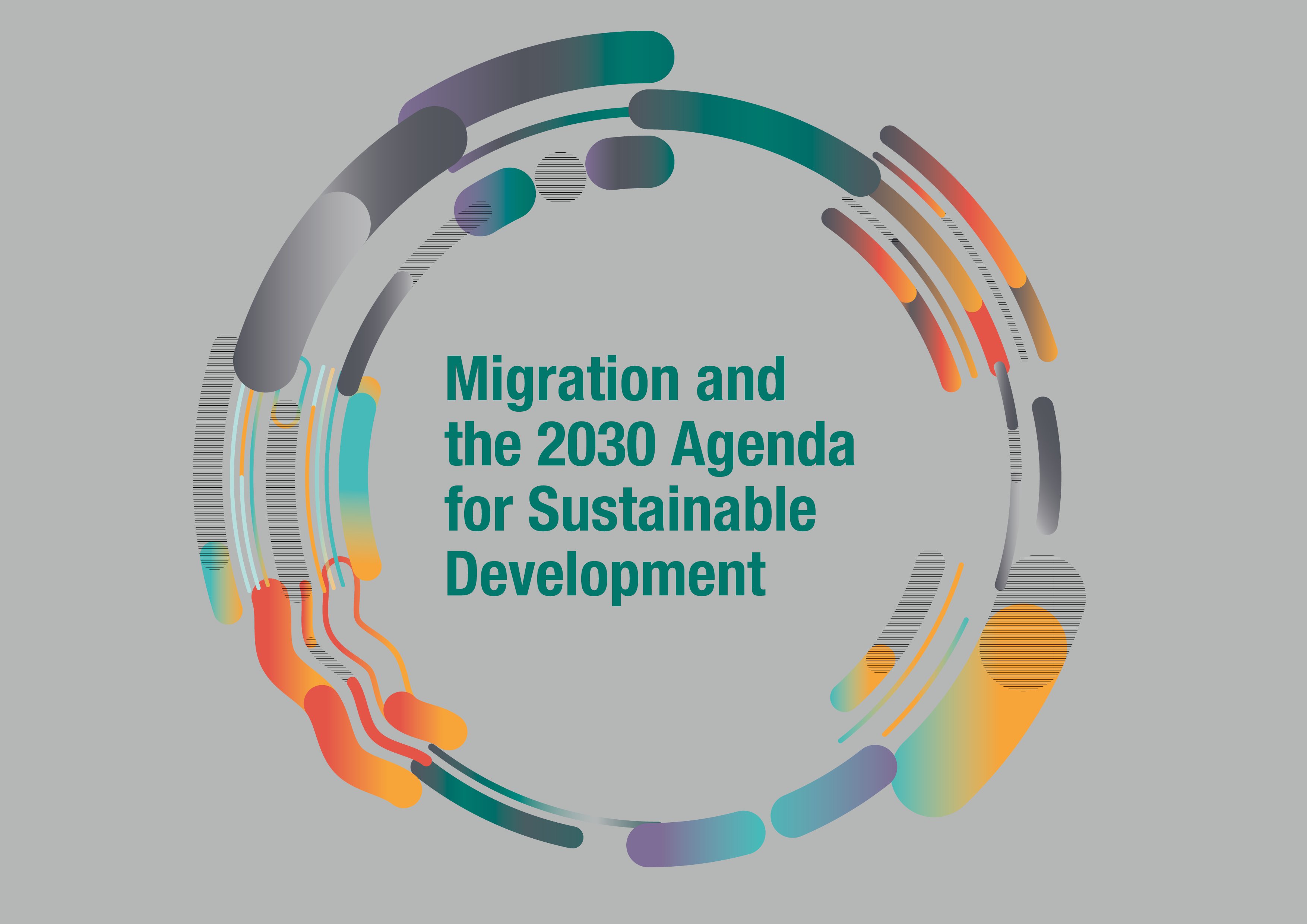UNGA high-level side event: migration and the 2030 Agenda
Welcome
Geraldine Byrne Nason @irishmissionun – Permanent Representative of Ireland to the United Nations
Chair
David Donoghue – Co-facilitator, Sustainable Development Goals (SDGs) intergovernmental negotiations, and co-facilitator of the General Assembly High-level Meeting on Addressing Large Movements of Refugees and Migrants
Speakers
Amina Mohammed @aminajmohammed – Deputy Secretary-General of the United Nations (to be confirmed)
Tedros Adhanom Ghebreyesus @DrTedros – Director General, World Health Organization (WHO)
Louise Arbour @louise_arbour – United Nations Special Representative for International Migration
Marta Foresti @martaforesti – Managing Director, ODI
Michael Gerber @michaelgerberCH – Swiss Special Envoy for Global Sustainable Development
Stefano Manservisi @stefanomanservisi – Director-General, International Cooperation and Development, European Commission
Description
Migration is one of the defining features of the 21st century and can contribute to achieving the 2030 Agenda for Sustainable Development. For this to happen, we need a better understanding of how migration will impact the achievement of key Sustainable Development Goals (SDGs), and the roles of international and national actors in this process. The Global Compact on Migration provides a unique opportunity to advance this agenda, and better explore the relationship between migration and development.
This official United Nations General Assembly (UNGA) high-level side event is co-hosted by ODI and the Permanent Mission of Ireland to the United Nations. It discusses why migration is so pivotal for sustainable development, and details how national governments can take these issues into account.
At this event, ODI launches the final two briefs in our Migration and the 2030 Agenda for Sustainable Development series and a synthesis report. As part of this discussion, our expert panel reflects on top-level findings from across the series – providing practical policy actions for national governments.
